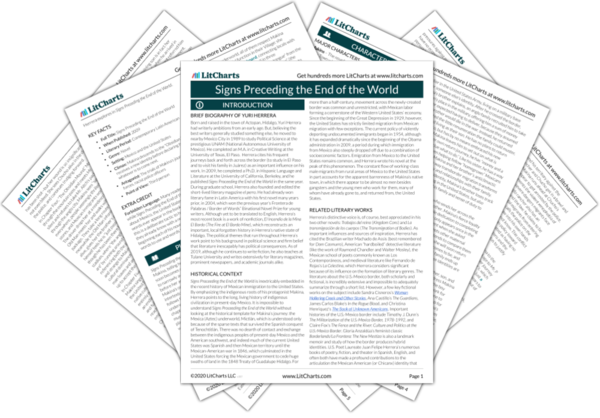Chucho and the anglo’s confrontation reflects a difference in thinking about what people like Chucho actually do: while the anglo sees him as a criminal human smuggler, Chucho believes he is helping people realize their dreams and working to unite families. With the police approaching, it is unclear who is right and wrong in the confrontation. Makina’s realization that she must go on and let Chucho fight her battle is a reversal of gender roles, as he is essentially supporting her as she goes forth as the hero of the story. Makina is used to embodying this supporter role, caring for her family or helping villagers communicate at the switchboard. But here, she realizes for the first time that her own journey is the priority, as opposed to a standard border tale in which Chucho would be the protagonist and she would be there to support him.
